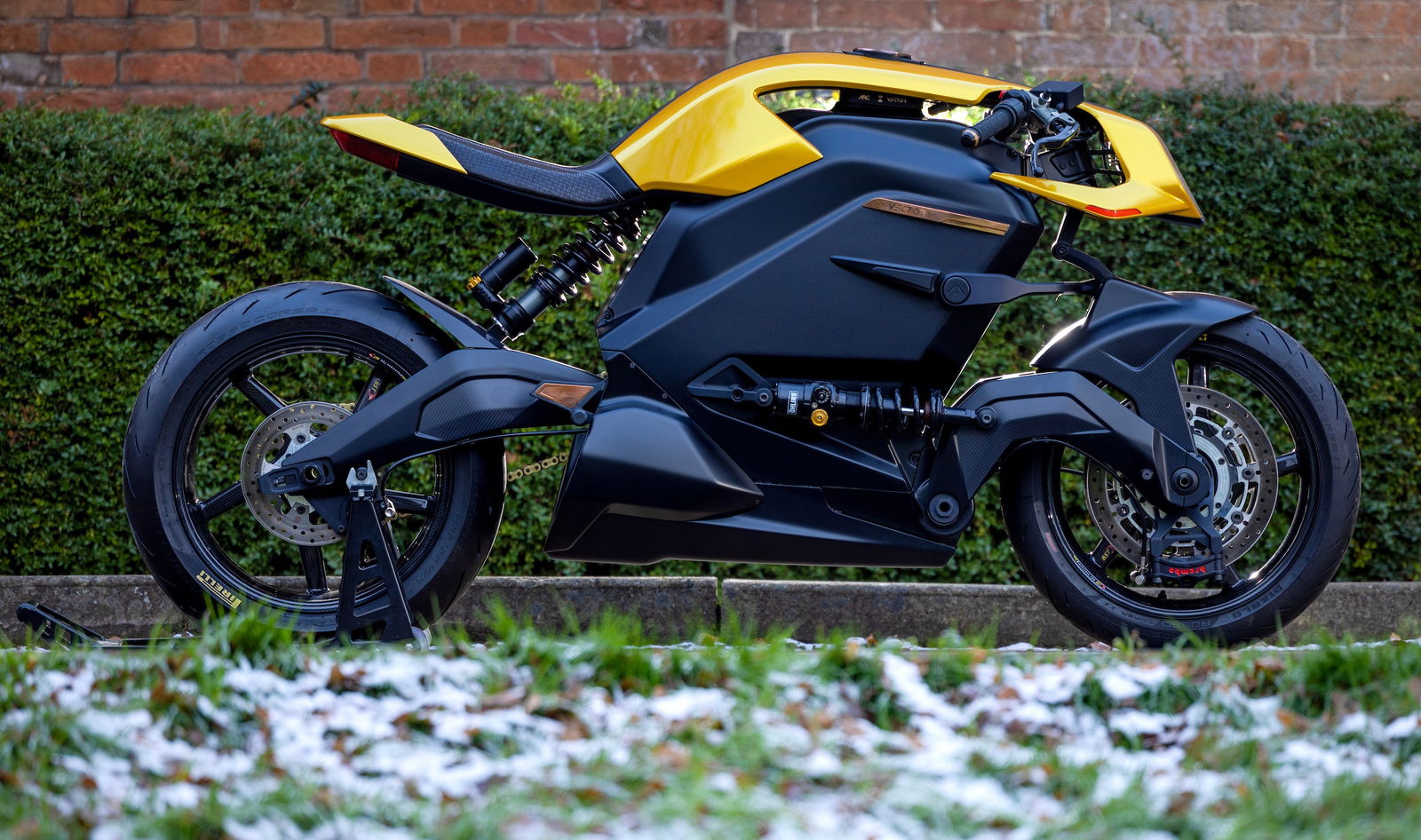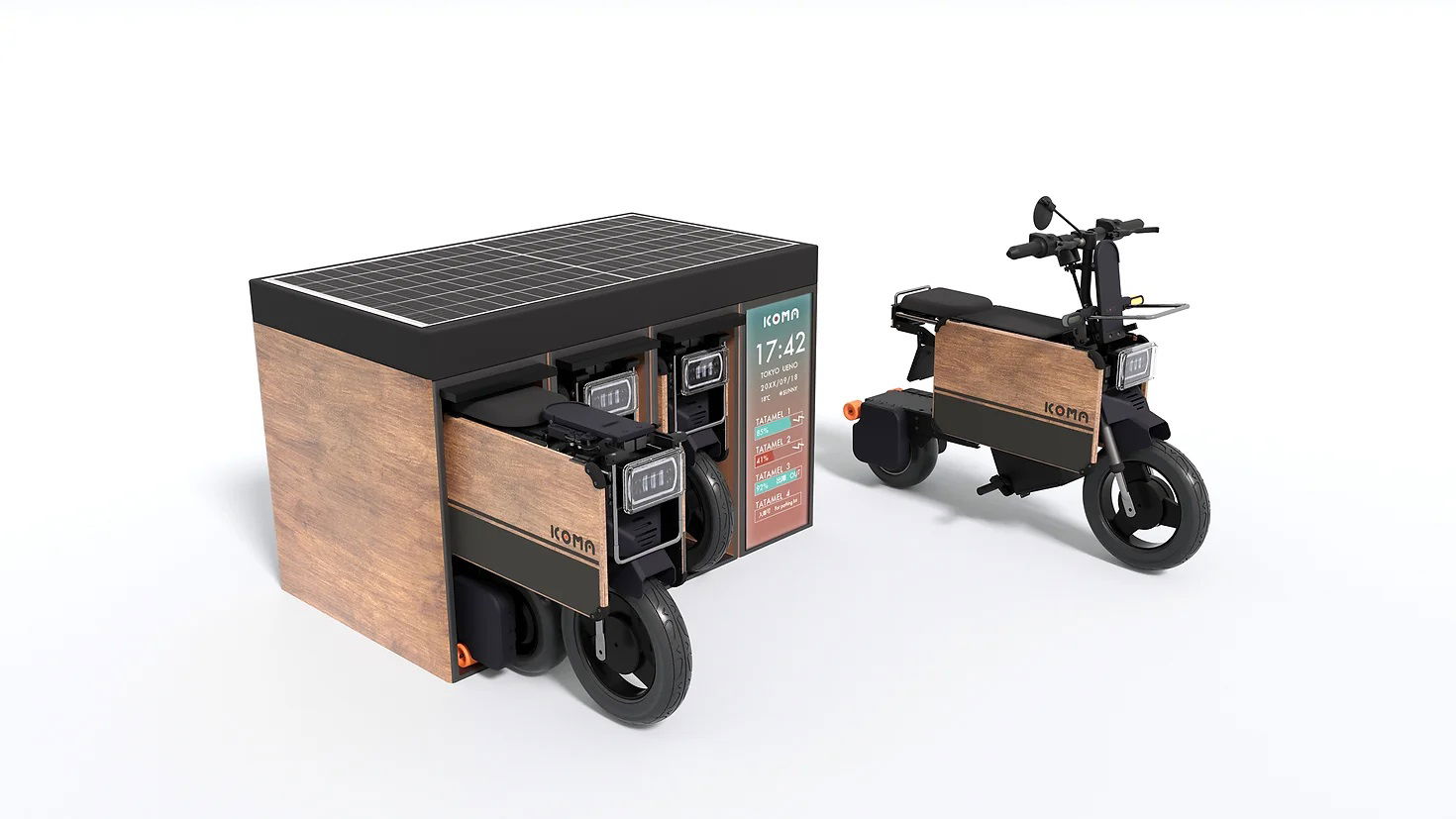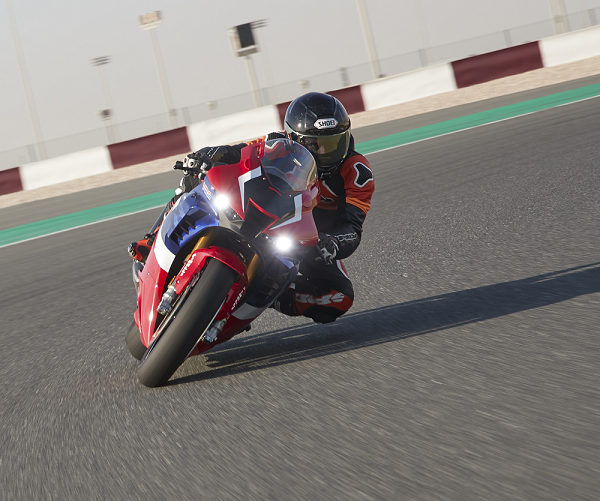The first Arc Vector bikes are landing with customers
Production of the Arc Vector is now well under way, with CEO Mark Truman confirming the first bikes are now being shipped

THE Arc Vector is one of the most ambitious motorcycle projects ever produced here in the UK. Built by a team of ex JLR and MotoGP engineers, it is also one of the most expensive British-built bikes ever produced.
But it hasn’t all been plain sailing for the company, as just 12 months on from the glitzy launch event in Milan, the company was in trouble and it looked as though the Vector could be no more. Not happy with seeing his dream go down the plughole, the CEO Mark Truman took the step of buying the firm back from the administrators and running it himself.
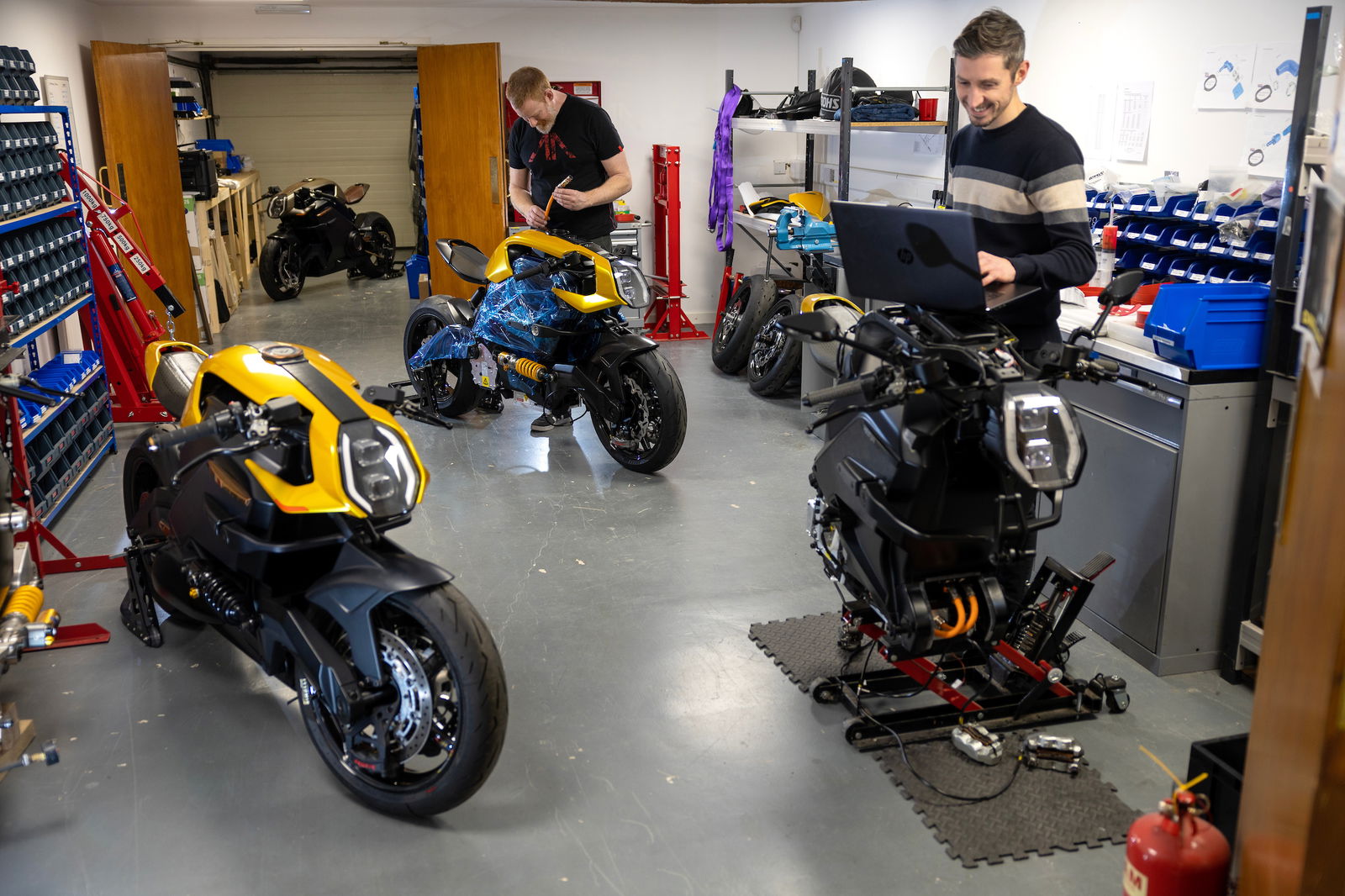
When that happened, Truman aimed to deliver bikes to customers in around 12 months, had the Covid-19 pandemic not happened, he might well have managed it. Timeframes aside, Truman and his west midlands team of boffins have stayed true to their word, as just before Christmas the production line churned out its first official customer bike, which is now residing with its new owner. The bike is now in full-scale production, with fifteen units having now been sold.
The bike has a starting price of £90k plus taxes, and owners have the ability to not just spec the bike to their desires but have the machine made to fit their specific measurements. That means pegs, handlebars and the seat should all be in the perfect position for the well-heeled new owner.
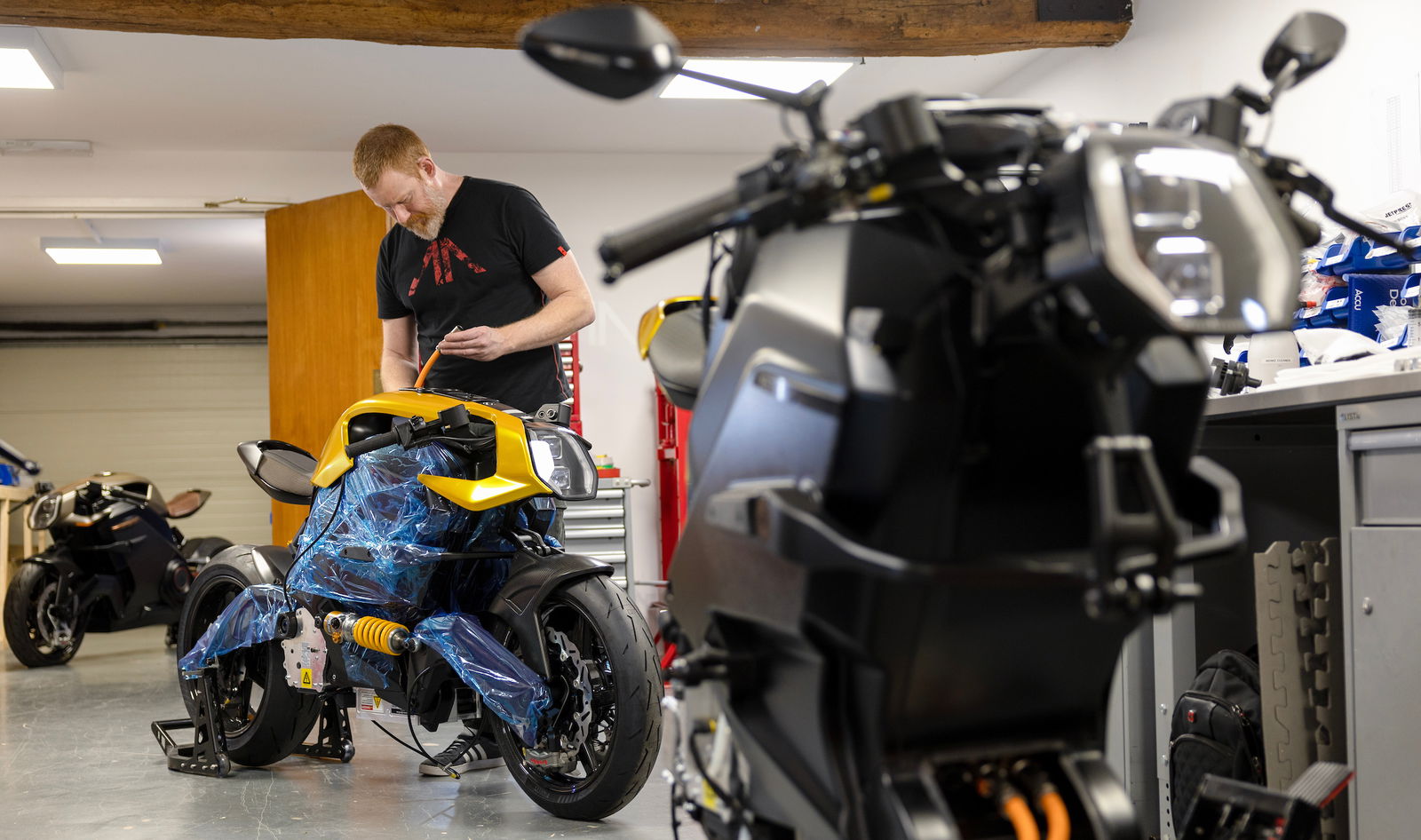
The Arc Vector features an innovative hub-centre steering system, similar to that found on bikes like the Bimota Tesi editions. The system on the Arc though features a special design feature that is claimed to make it behave more like conventional forks. With a front swingarm pivot located below the front axle, the front is said to still dive on the brakes, making it feel more like conventional telescopic USD forks.
We spoke to Mark in 2018, who explained the system in more detail:
“Most people that do a front swingarm go for this anti-dive, holy grail. And [not feeling any dive] that’s something we aren’t used to. We’ve all been riding motorcycles since we were knee-high to a grasshopper and that’s what they do.
“So, we have created a pro-dive geometry. So then, why do it? There are other great things about forks: when you go over a bump or when you brake, the wheelbase reduces. That means at the point that you want to turn the bike it’s more agile and nimble because it’s got that shorter wheelbase. On a normal front swingarm where the pivot is higher than the front wheel centre, [in the same situation] the wheelbase increases, making it more difficult to turn the bike.
“The trail on a bike also reduces when a front end with forks dives, so it does on our bike as well. So we have all the characteristics of forks there, except it takes 30% more energy to compress the front end by a given amount than it does with forks. So you never end up in the situation where your forks have bottomed out, and now you need to turn in – and you fall off.
“So, in avoiding that situation we can also spring the bike more softly because of that increased force it takes and for the same performance you get a more comfortable ride when just riding normally.”
Arc is currently looking to raise £10m to scale up the business, increase production and develop new models. More information can be found on the official website.
Pictures from Rod Kirkpatrick/F Stop Press
